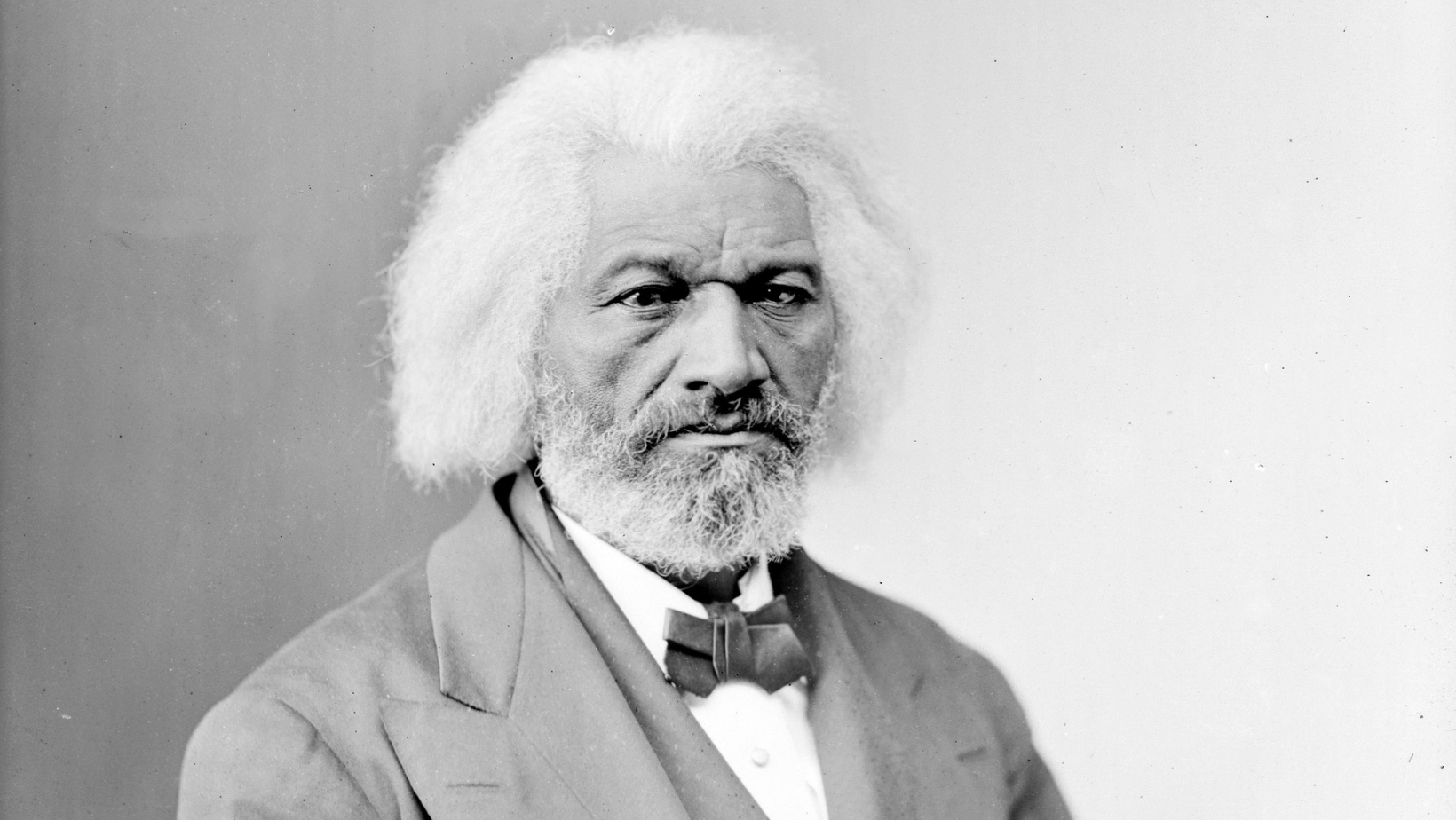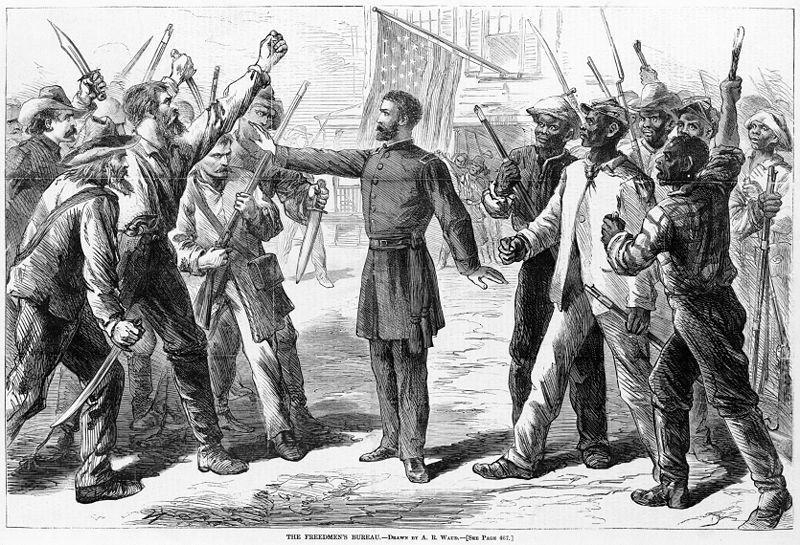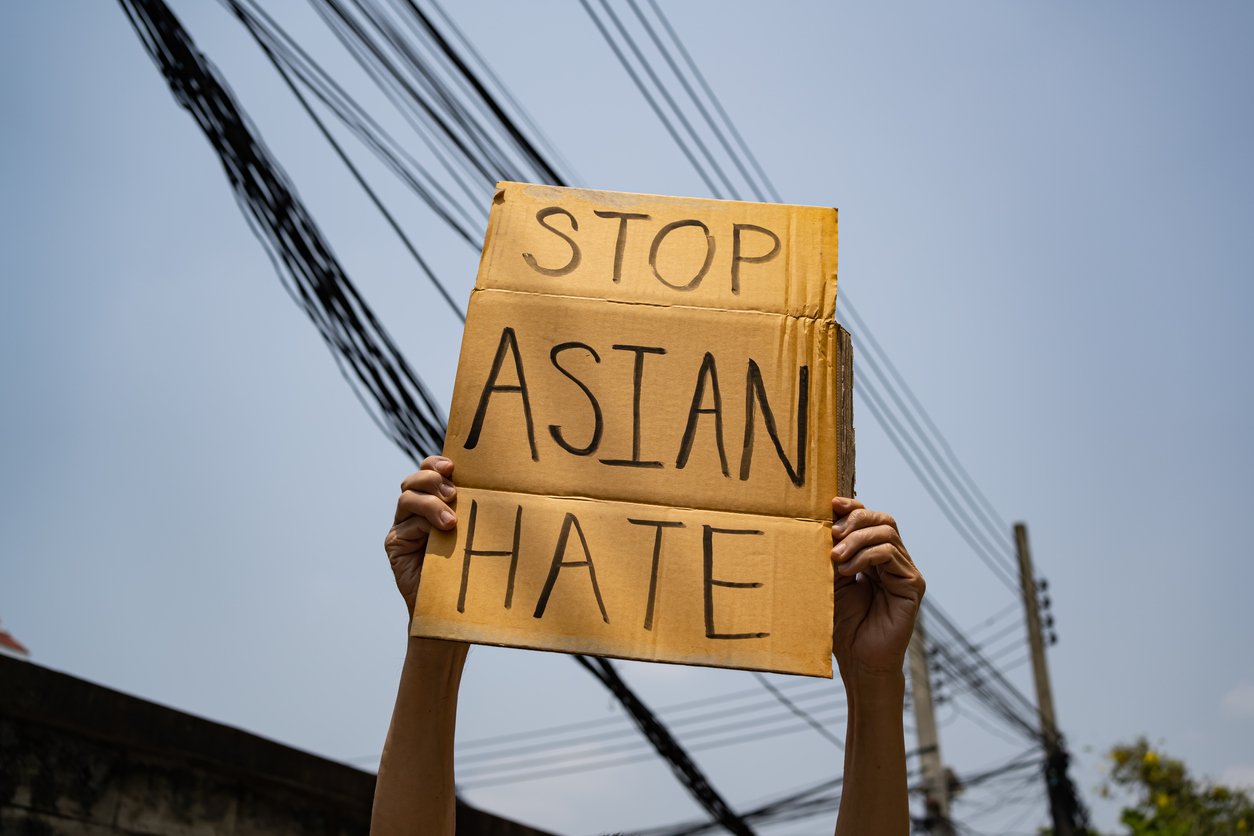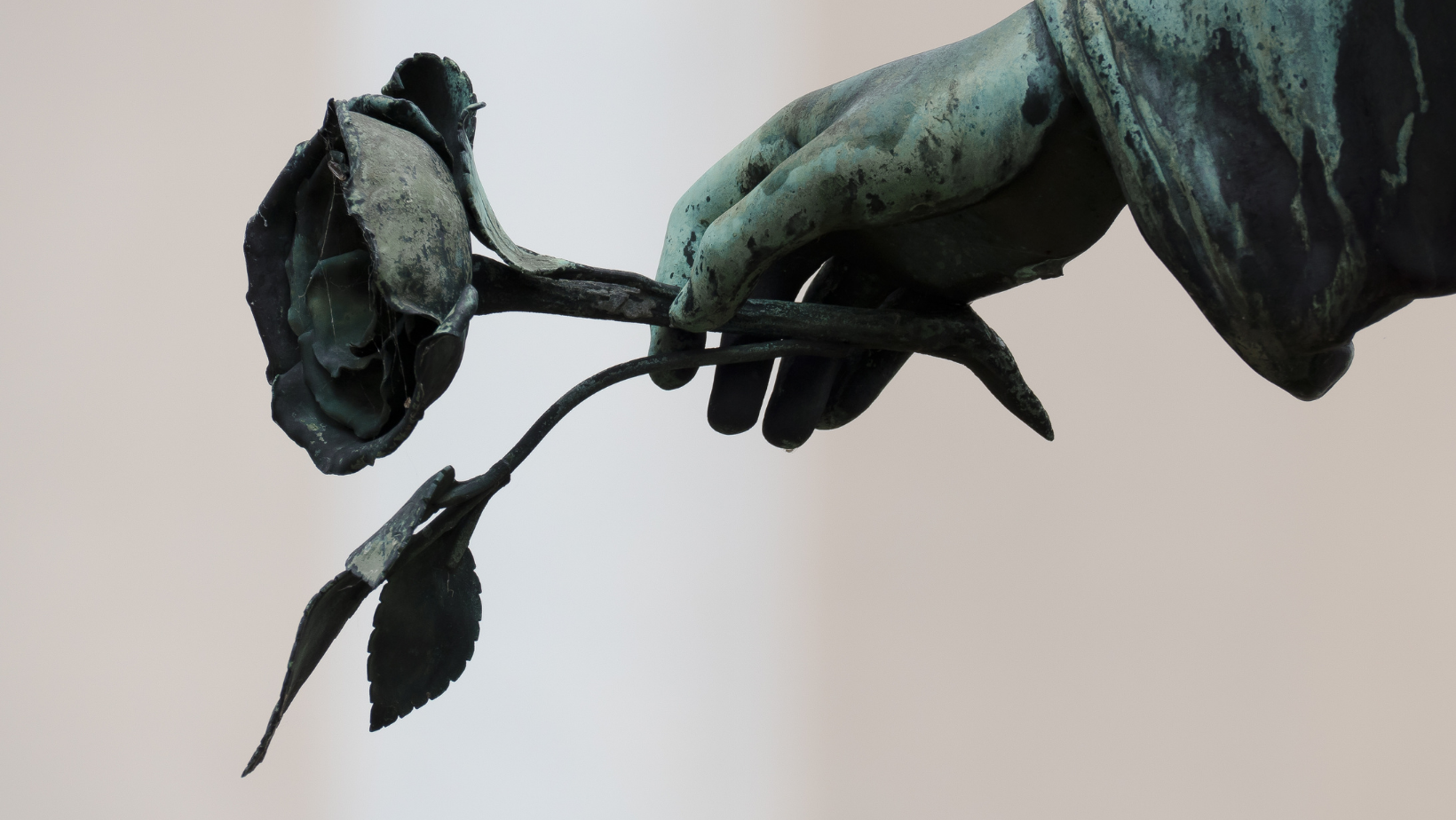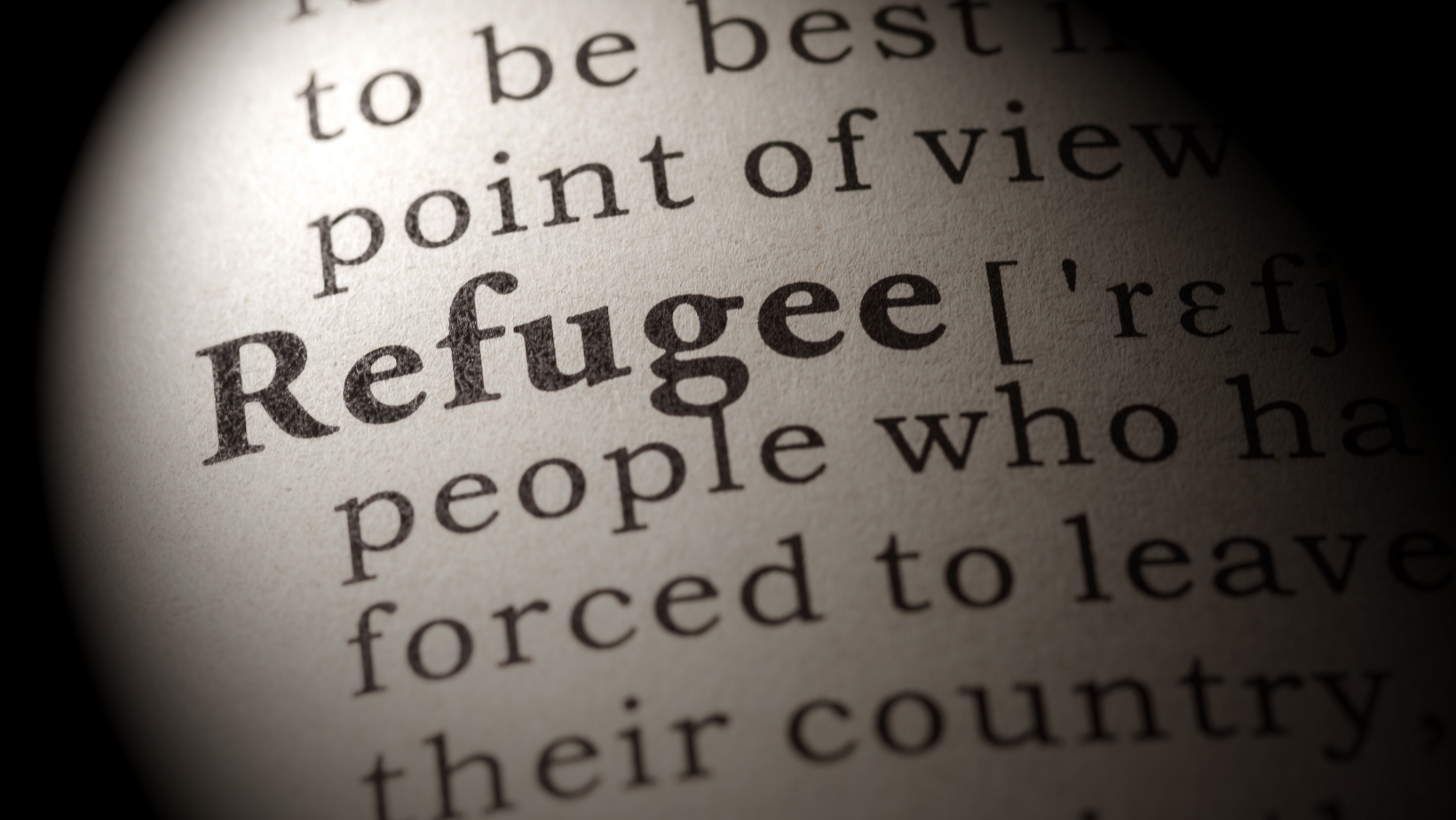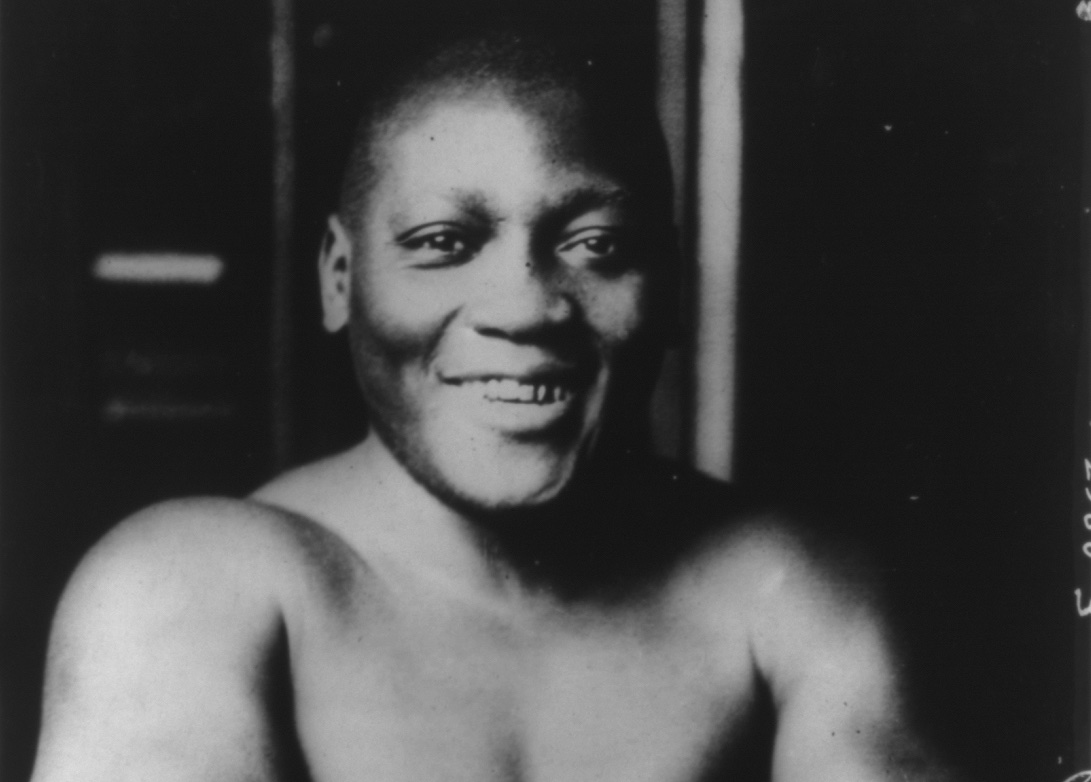While summer is an important time for many teachers to take a break from the rigors of the school year, the summer often introduces its own unique demands, responsibilities, and opportunities. This month, we are sharing seven audiobooks that educators can listen to while attending to other things outside of the classroom. These audiobook titles have been released in the last year and bring important themes related to education and the unique experiences of teachers to the fore. Below is promotional text excerpted from material offered by each book’s publisher along with the reading level of each text:
Facing History and Ourselves
Recent Posts
Topics: Reading List
At this time each year, people often read or re-read Frederick Douglass’ landmark 1852 speech “What to the Slave is the Fourth of July?” In it, he famously questioned the way that people of his time understood the nation’s origins, the meaning of this national holiday, and the profound absence of interracial democracy in his era. His words and oratorical skills were so powerful that his speech remains an important cultural touchstone, and has inspired the formation of annual reading groups including the Reading Frederick Douglass Together program offered across Massachusetts by Mass Humanities. But what about the larger body of work and life story that this historic speech fits into?
Topics: American History, Black History
“American history is longer, larger, more various, more beautiful, and more terrible than
anything anyone has ever said about it.” —James Baldwin, “A Talk to Teachers” (1963)
Over the last year, we have seen an explosion of debate within the public sphere about how to teach young people about the past. From antebellum slavery to contemporary manifestations of racism and other forms of injustice, communities remain divided on the question of whether and how to introduce these dimensions of history and contemporary life into the classroom. One way to deliver meaningful instruction in the midst of these debates is to teach about the Reconstruction Era—the period that immediately followed the Civil War in which formerly enslaved people pursued meaningful freedom and equal citizenship. This period was transformative, in part, because these newly-freed people and their allies across the U.S. South helped to make profound changes to democratic institutions. During this period, African Americans achieved significant, hard-won gains that students are seldom taught about, only to be undercut by a countervailing host of regressive measures implemented by those invested in maintaining the racial and economic status quo. This period of unprecedented possibility and hope would become a time of immense injustice and violence, and the roles that actors large and small played in those events are instructive for our times.
Topics: Reconstruction, American History, Black History
Today's educators face an important opportunity to ensure that LGBTQIA+ histories get their due in the classroom all year long. But before any educator can meaningfully embark upon that task, they must commit to their own ongoing learning about LGBTQIA+ histories. History as we understand it is in a constant state of expansion and retelling and, as a result, all history teachers gain from maintaining the mindset of the student even as they teach.
Topics: LGBTQ
Teaching About Anti-Asian Violence: Start with Yourself and Your Community
Posted by Facing History and Ourselves on May 27, 2022
Violence and harassment targeting Asian American and Pacific Islander (AAPI) people has become increasingly visible across the United States, Canada, and the UK over the last few years. After a painful series of attacks and violence across the country, we learned this month of a church shooting targeting a community of Taiwanese Americans that is now being investigated as a hate crime. But the recent attacksare only the latest episodes in a long and complex history of oppression, marginalization, and violence targeting AAPI people. Most school curriculum fails to adequately address AAPI histories and identities, which contributes to a widespread lack of acknowledgment or understanding of the root causes of anti-AAPI hate today and can make it challenging for teachers to address anti-AAPI hate.
Teaching in the Wake of Recent Mass Shootings
Posted by Facing History and Ourselves on May 18, 2022
This week, we are faced with the tragic news of two mass shootings involving perpetrators who targeted innocent people going about their daily lives, for no other reason than their identities or group membership. On Sunday, May 15, after we sent our response to the horrific attack in Buffalo, New York, a gunman in Laguna Woods, California, opened fire on a group of parishioners attending a luncheon after a service held by the Irvine Taiwanese Presbyterian Church. Most of the members of the congregation are retired and originally from Taiwan. Officials are now investigating the shooting as a hate crime.
It’s Teacher Appreciation Week—a time for our communities to celebrate the vital roles that teachers play in the lives of people young and old. Though First Lady Eleanor Roosevelt insisted that Congress establish an annual day dedicated to teacher recognition in 1953, it was not until 1980 that the first Teacher Appreciation Day was held and 1984 when it was expanded into the Teacher Appreciation Week we have come to know.
Topics: Teachers
This week, people around the world are observing Yom HaShoah or Holocaust Remembrance Day. At Facing History, we take this occasion each spring to remember the six million Jews murdered in the Holocaust, and the Jewish resistance that accompanied and followed these events. Today, we remember the pain, suffering, and loss sustained by the victims, their families, and the generations that have followed them.
Topics: Holocaust, Holocaust Education
4 Resources on Refugee Crises in Global Context
Posted by Facing History and Ourselves on March 14, 2022
On February 20th, Russia launched a military invasion of the neighboring nation of Ukraine, prompting 1.5 million Ukrainians to flee the country in the immediate aftermath. As Ukrainian men are forced to stay behind and defend the country as part of their nation’s military, an unprecedented number of women and children have fled Ukraine, prompting what is projected to become the greatest European refugee crisis in a century. The reasons for the present invasion of Ukraine are highly complex and therefore difficult to teach in American classrooms. In our new Teaching Idea, we share some recommendations designed to help educators teach about the unfolding refugee crisis in Ukraine, but we also have resources designed to help you teach your students about the broader global refugee crisis of which this is a part. Below, we offer some complementary teaching tools that can help educators situate the Ukrainian refugee crisis in broader global histories of displacement and highlight its connections to other refugee crises.
Topics: Refugees, Refugee Crisis
Black Athletes and Civil Rights: 6 Upstanders to Introduce to Your Students
Posted by Facing History and Ourselves on February 17, 2022
Now during the Olympics, and throughout each academic year, we have the opportunity to explore a number of themes that connect the lives and contributions of Black athletes past and present. Beyond the 1988 Jamaican Bobsled Team immortalized in the film Cool Runnings, Black athletes have played more central roles at the Winter Olympics than many people might realize. As we cheer on the 2022 Black Olympians, Black History Month is a great time to look back on the impact that Black Olympians and other Black athletes have beyond the world of sports.
Topics: American History, Black History


